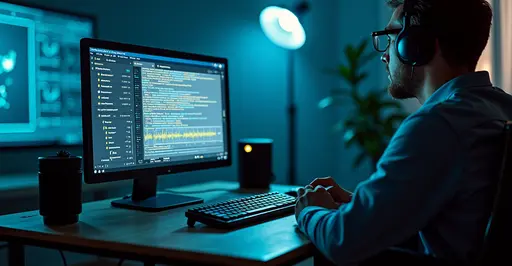
The Rise of AI-Generated Music
Advanced AI music generators like OpenAI's MuseNet and Google's Magenta are revolutionizing composition. These tools analyze vast music databases to create original pieces in seconds, mimicking styles from classical to pop. While tech enthusiasts celebrate this innovation, musicians and labels question its impact on artistic integrity.
Copyright Clash Intensifies
Major lawsuits erupted in 2025 as Indian music giants Saregama and T-Series joined copyright cases against OpenAI. They claim AI models illegally train on copyrighted lyrics and melodies without compensation. Similar actions are underway in Germany where GEMA sued OpenAI in November 2024.
Creativity vs. Algorithm Debate
"This isn't inspiration - it's digital theft," argues singer Ananya Mehta. Yet AI developers counter that their systems transform inputs into new creations protected under "fair use." The U.S. Copyright Office's 2025 Generative AI Training Report acknowledges this legal gray area.
Industry Adaptation Strategies
Record labels now implement "AI clauses" in contracts, while startups like Soundful offer licensed training data. Music platforms face pressure to disclose AI-generated content, with Spotify testing "Human-Made" verification badges.
Global Legal Patchwork Emerges
Europe's AI Act requires copyright disclosures, while U.S. courts weigh transformative use standards. Experts warn inconsistent regulations could stifle innovation. "We need balanced frameworks," says Berklee College's AI ethics director, "not blanket bans."

 Nederlands
Nederlands English
English Français
Français Deutsch
Deutsch Español
Español Português
Português


